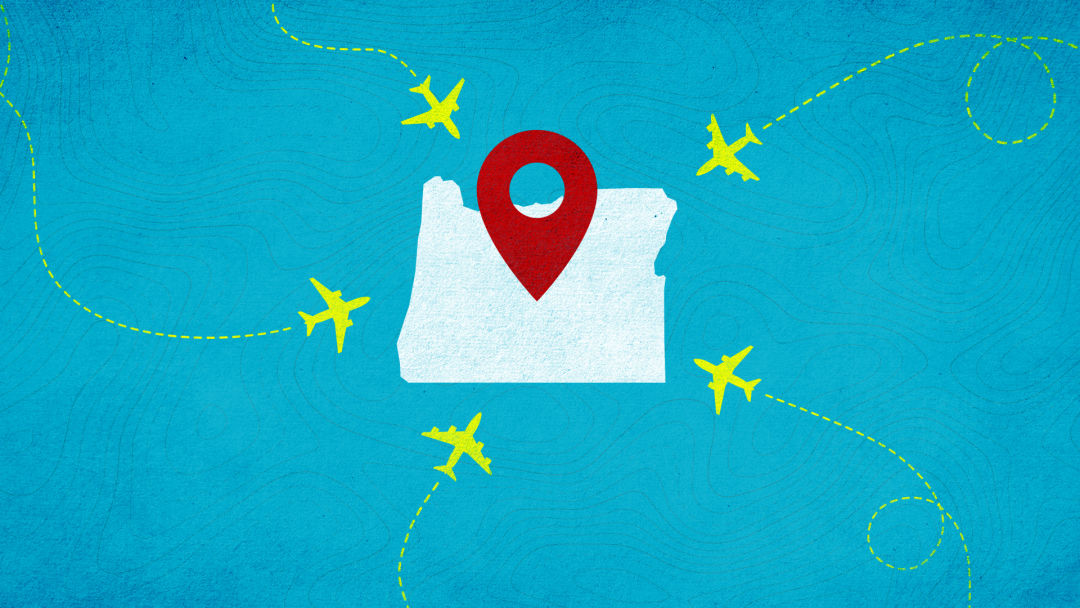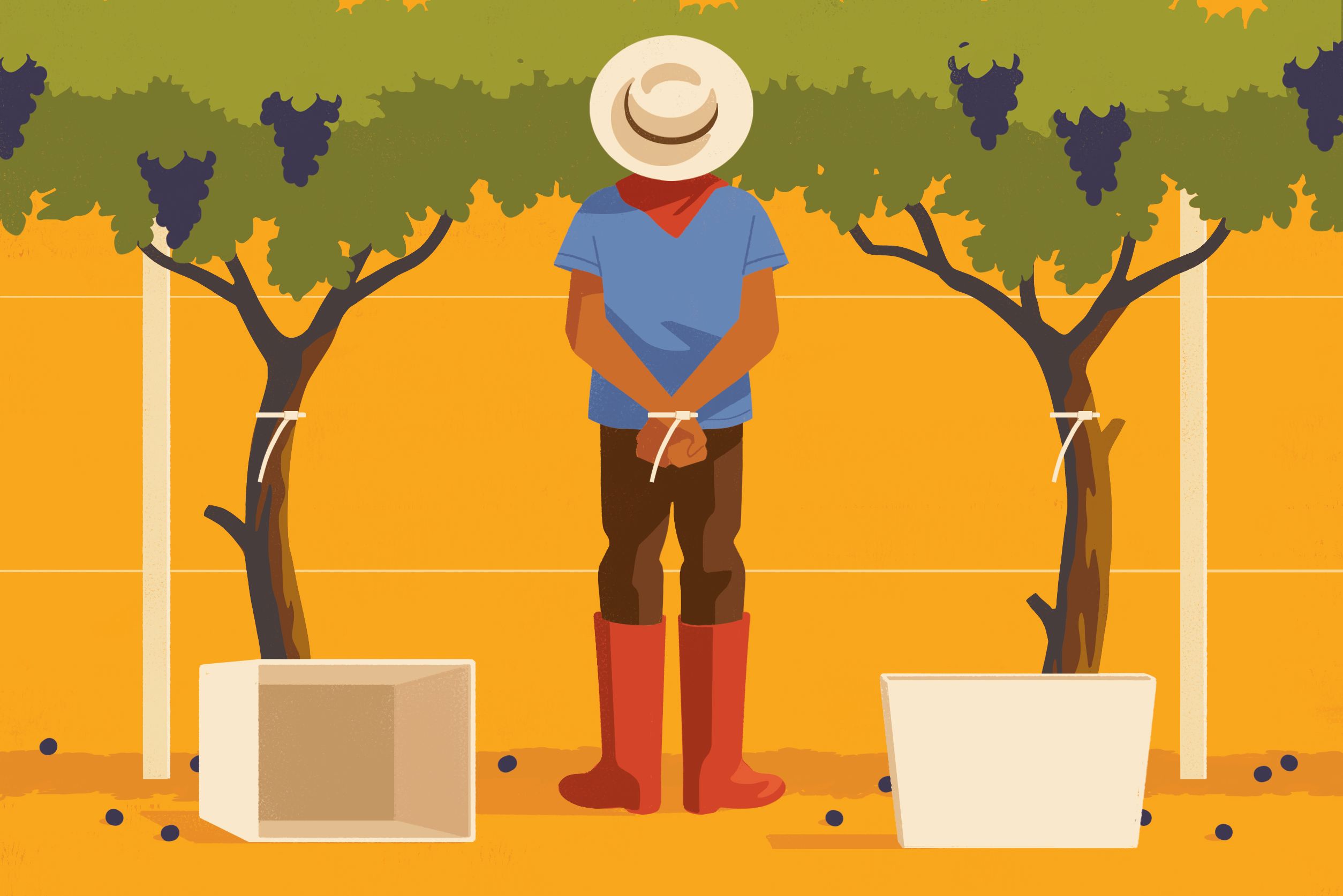After Months of Almost No New Arrivals, Refugees Will Be Settling in Oregon Again in 2021

Refugees from around the world will make their way to Oregon over the next 15 months.
Image: Brian Breneman
During the height of the Mariel boatlift that saw 125,000 Cubans flee to the United States, Oregon saw a record 6,213 refugees arrive in the state. More recently, under Presidents Obama and Bush, the number fluctuated between about 900 and 2,000.
But in the past year, after the Trump administration dismantled refugee permits and aid programs amidst a global pandemic that put the world on pause, that number plunged to fewer than 100 people.
Now, though, as the pandemic recedes, the Biden administration has cleared the way to welcome an eight-fold increase in the number of permits granted to refugees, from just 15,000 per year to an eventual goal of 125,000 per year. That means Oregon aid organizations are gearing back up to welcome an estimated 1,400 new residents over the next 15 months or so.
They’ll come from all over the world: from the Congo, Somalia and Ethiopia, from Iraq and Afghanistan, from Myanmar and Cuba and the Ukraine and points beyond.
Refugees are a particular category of immigrants; they have been displaced from their home country and cannot return, for fear they will face violence and persecution due to their race, religion or political leanings.
As a result, they often arrive in this country with a suitcase of possessions and not much more, many after waiting years for their permits to clear. In some cases, families have been separated for years on end, a situation that was only exacerbated by the pandemic, and by the Trump administration’s winnowing of the refugee program.
“It has kept families who were trying to reunite for years unable to do so,” says Matthew Westerbeck, the director of refugee services for Catholic Charities in Portland, one of three groups statewide that acts as a resettlement agency for incoming refugees. “It has reduced the ability of those [refugee aid] programs to be there and be a touchpoint for families who are trying to rebuild their lives. It made it harder for refugees on their way to becoming citizens to move forward.”
After such a dismantling, Westerbeck says it will take time to time to gear back up to serve all these new neighbors.
Catholic Charities has only half as many staff members working on refugee issues as it did pre-pandemic and pre-Trump, Westerbeck says, and it will take time to rebuild relationships with landlords and property management companies to secure housing for new arrivals, consistently one of the most difficult hurdles caseworkers might face, especially in Portland’s strained and expensive housing market. (Pre-pandemic, more new arrivals were beginning to be placed as far away as Salem, where housing is cheaper and more plentiful.)
During the pandemic, the remaining staff pivoted to helping refugees who were already in Oregon stay safe, Westerbeck says: making sure they had masks, that information about distancing and capacity limits were available in their language, and most importantly, helping them file for unemployment benefits, since so many new arrivals find initial work in the pandemic-strapped hospitality industry.
Now, talks are underway to beef up the state’s infrastructure by authorizing two more nonprofits to do official resettlement work next year, says Jake Sunderland, a spokesperson for the state Department of Human Services. And in anticipation of more people arriving in Oregon, the governor has requested $4.3 million for “expanded support and employment services for refugees” in the 2021-2023 budget, which moved out of the Joint Ways and Means committee in the legislature on Thursday.
The issues aren’t just on Oregon’s end, either. During the Trump administration, funding and support for the overseas infrastructure that helps process refugee applications on the front end also evaporated; those are systems that will need to be rebuilt, Westerbeck says.




